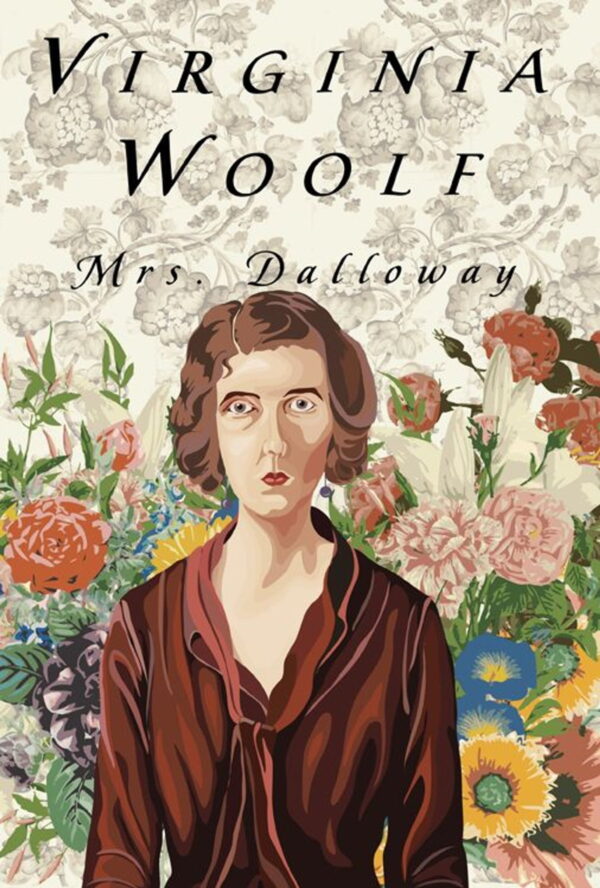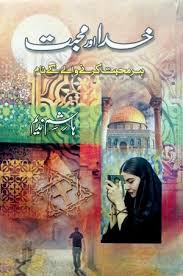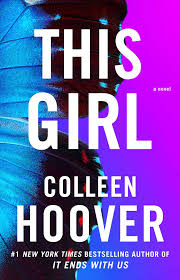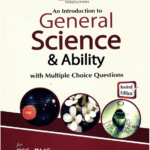Description
“Mrs. Dalloway” is a book by Virginia Woolf. The work was published in 1925, and it is often regarded as one of the major works of Modernist Literature. This novel was told in the stream-of-consciousness style by Virginia Woolf as she derived themes that emerged at the root of both psychological and social lives. Here is a very short synopsis:
Book Title and Author: Mrs. Dalloway written by Virginia Woolf.
Genre/Category: Modernist Fiction Stream of Consciousness and Psychological Fiction Feminist Literature.
Plot Summary: It consists of one day, as it happens in post-World War I London. It is the story of Clarissa Dalloway, high-society woman preparing for party she will host that evening. As day passes by, her mind is taking decisions on relationships and choices about herself. Inner turbulence seems to follow side by side with fact-Septimus Warren Smith, a casualty of World War I, suffering from PTSD, whose life had run so starkly in contrast to that of Clarissa’s life. By two accounts, in some sense, the two merge thematically. It explores questions of mental health, mortality, and time’s procession.
Major themes include passing time, mental illness, social structure, and the roles of women in society. Woolf satirizes restraint on the part of British social mores, psychoanalyzes war, and muses on transience in life. Existential questions of self were asked and pondered on how the public and private self were to be balanced.
It is somber and reflective but at the same time lyrical and poetic. Stream-of-consciousness techniques by Woolf clarify the change of minds, memories, and sensory observations of characters, which creates a deep psychological characterization.
This book is suitable for readers of literary fiction who are interested in psychology exploration and discussions that involve societal and existential aspects of life. This book is widely read academically within courses concerning modernism and feminist literature.
Mrs. Dalloway is recognized for its innovative structure, depth of psychological insight, and Woolf’s journey into the inner lives of her characters, making it one of the cornerstones of 20th-century literature.










Reviews
There are no reviews yet.